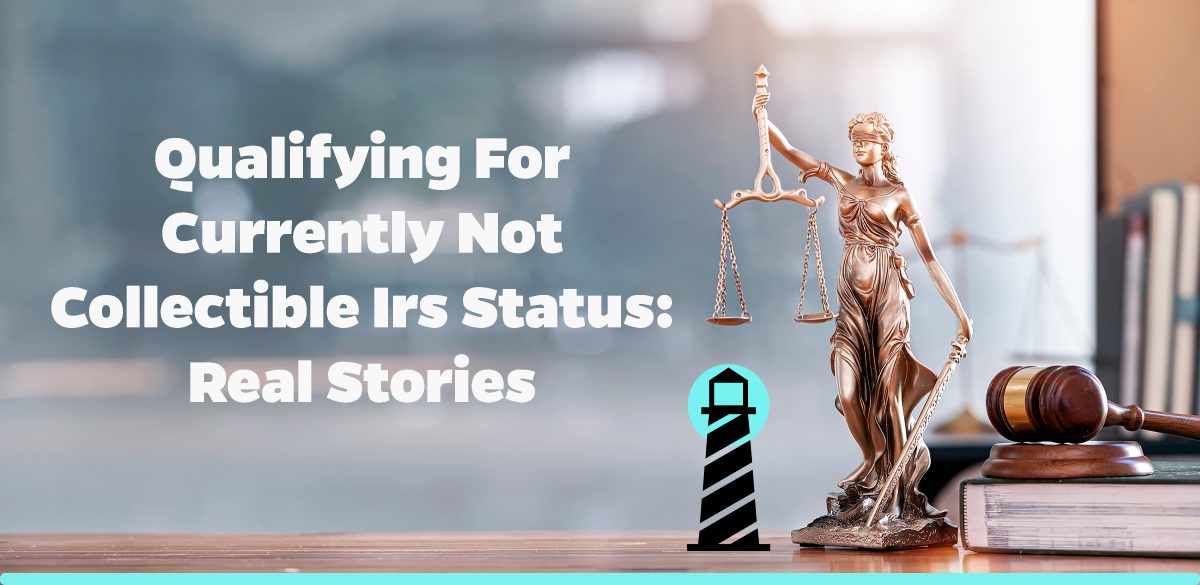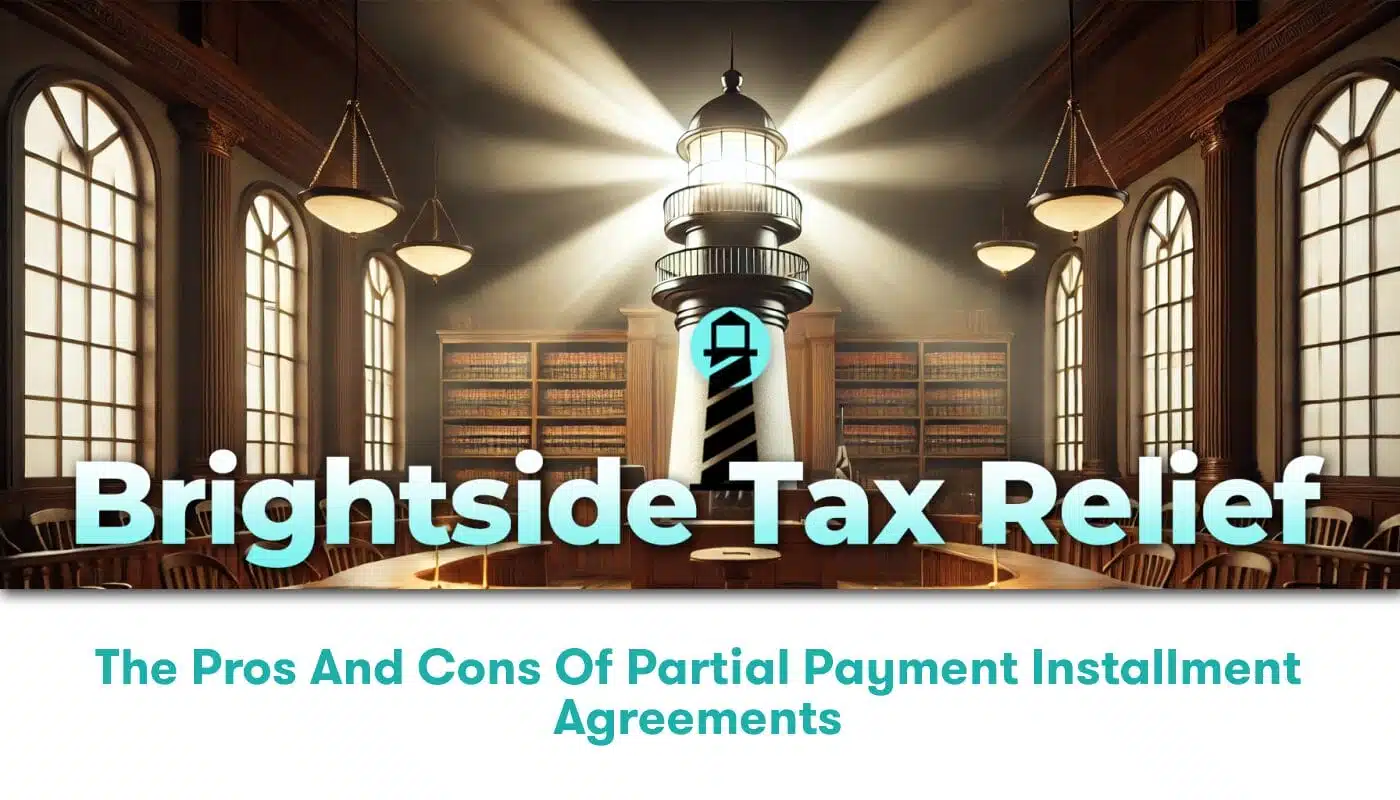Qualifying for Currently Not Collectible IRS Status: A Glimpse into Real-Life Stories
At Brightside Tax Relief, we have had the privilege of guiding many clients through the process of achieving Currently Not Collectible (CNC) IRS status. This status allows taxpayers who are struggling financially to have their account placed in a dormant state, temporarily halting collection activities. Qualifying for the CNC status may sound straightforward, but the process is far from simple. Let’s dive deeper into some authentic stories about people who have succeeded in achieving this status, highlighting the critical steps they’ve taken.
A Walkthrough of the CNC Status Eligibility Criteria
The Internal Revenue Service (IRS) considers several factors before declaring a taxpayer’s account as Currently Not Collectible. To provide context, we’ll review these key factors:
- The taxpayer’s income and expenses
- The equity in the taxpayer’s assets
- Whether the payment of owed taxes would cause undue hardship
These criteria can seem overwhelming, especially when facing financial hardship. However, understanding how to navigate the process can make all the difference, as the following stories will illustrate.
Jane’s Journey to CNC Status
Jane, a single mother working minimum wage jobs, approached us with a considerable IRS debt. After analyzing Jane’s income and expenses, we determined that her expenses barely allowed her to cover her basic living costs. Jane did have a small amount of equity in her car, but selling it would have left her without transportation for her job. We were able to successfully argue to the IRS that making payments would cause undue hardship for Jane, and her account was placed in Currently Not Collectible status.
How John Achieved CNC Status despite Owning a Home
One of our clients, John, owned a home but had lost his job and had no income. Many people believe owning property outright disqualifies them from CNC status due to the equity rule. This isn’t always the case. We were able to show that selling John’s house to pay off his tax debt was not a viable option as it would have left him homeless. Despite owning his home, John was granted Currently Not Collectible status.
A Lesson from Lisa’s Almost-Denied CNC Application
Lisa, a retired educator, had a fixed income and a small amount in her retirement account. When Lisa approached us, her CNC application had been initially denied. After carefully reviewing her case, we found discrepancies in her expenses. By providing additional documentation, we successfully appealed the decision, demonstrating that her retirement savings were insufficient to cover her financial obligations and her tax debt. Lisa’s story serves as a reminder of the importance of accurate expense information, and the potential for appeal if a CNC application is denied.
What to Look Forward to After Achieving CNC Status
Securing CNC status provides immediate relief by halting collection activities. However, the IRS periodically reviews the taxpayer’s financial situation. In cases where financial conditions improve significantly, the IRS may revoke the CNC status and resume collections. However, if there is little or no change after ten years, the IRS usually writes off the tax debt, as described in this IRS article.
One Final Note on CNC Status
The step-by-step journey to secure Currently Not Collectible IRS status may be intricate, but with the right guidance, like Brightside Tax Relief provides, you can navigate the process confidently. Our clients’ original stories prove it’s achievable, regardless of individual circumstances, provided you meet the IRS’s stringent criteria.
Securing CNC status requires a comprehensive understanding of IRS policies and the ability to provide accurate, in-depth financial information. If you find yourself in a tough financial spot and cannot temporarily pay your tax debt, pursuing CNC status is a viable strategy. As the stories above illustrate, success requires diligence, accuracy, and sometimes, exceptional representation, but the payoff—peace of mind from on-going IRS collections—can certainly be worth the effort.






